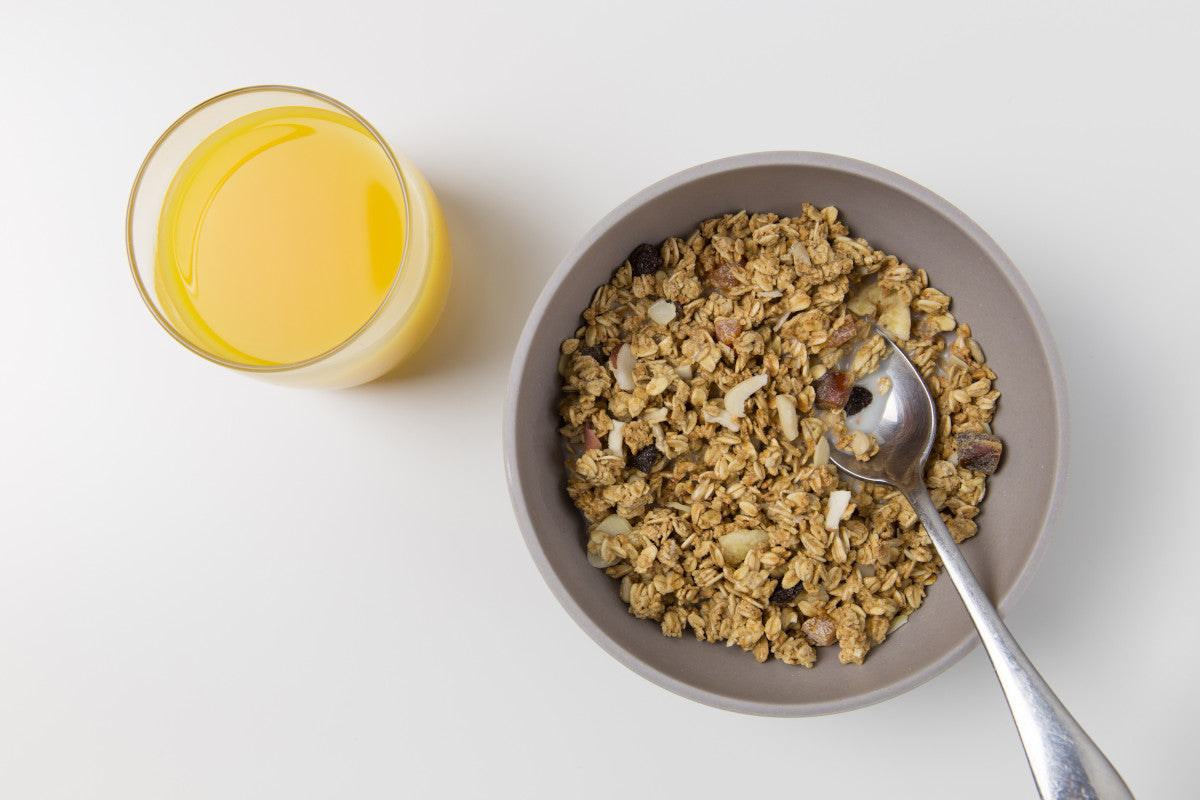Your Cart is Empty
FREE SHIPPING OVER $45 & RETURNLESS REFUNDS

Adding fiber to your diet can help you maintain a healthy lifestyle.
The daily recommended amount of fiber is about 25-35 grams, but it's important not to rush into things. Add fiber to your diet slowly to avoid cramping, bloating, or constipation, and be sure to drink plenty of fluids.
**It's important to talk to your doctor when choosing a diet that's right for you. A high-fiber diet may interfere with some medications' effectiveness.**
If you eat fiber-rich foods, the sugar in those specific foods is absorbed much slower than in other foods. This keeps the blood glucose levels from rising too fast.
Spikes in glucose typically fall rapidly; this can make you hungry sooner after eating which can lead to overeating.
Fiber moves through your intestines fast, which can help signal that you're full faster and satisfied for longer.
Fiber also prevents your body from absorbing some of the calories in other foods that you eat by binding to the fat and sugar molecules. This, in turn, knocks off a good amount of calories from your daily intake.
Dietary fiber increases bulk in stool, allowing your body to more easily pass it. It also works to soak up potentially harmful compounds in your body.
Maintaining a high-fiber diet will help you have regular bowel movements, reducing constipation and stomach pains.